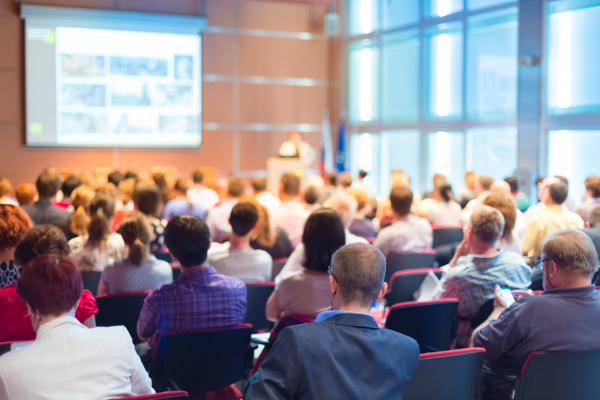I am writing my President’s report for this issue of ASSBI’s Newsletter just as Brain Injury Awareness Week (19-26 August 2019) is drawing to a close. Acquired brain injury is often thought of as synonymous with traumatic brain injury arising from an external cause, but it includes a wider range of neurological conditions, such as stroke, brain tumour, hypoxia, degenerative disorders, cerebral infections. Raising awareness about brain injury is important. As we know, acquired brain injury is often described as the “invisible disability” or the “hidden epidemic”. If signs and symptoms of acquired brain injury are not recognised by the general public, then interactions with the public can be misinterpreted as antisocial (cf. impaired self-regulation), drunken (cf. ataxic gait and slurred speech), rude and crude (cf. poor social skills, tactless communication).
ASSBI uses a number of strategies to raise awareness. Our Social Media team, headed by Dr Elizabeth (Lizzie) Beadle and Travis Wearne, has the most specific brief. As Lizzie explains, “we recognize social media platforms as opportunities to engage not just the ASSBI community but also the public in general. One of the social media platforms we use is Twitter. Twitter is a ‘micro-blogging’ system where individuals can send and receive short posts. Twitter has become increasingly popular with academics, students, policymakers, politicians, and the general public. In healthcare, Twitter is used to connect researchers, health care providers, and consumers.” Indeed, Twitter is popular, and it does connect.
As part of Brain Injury Awareness Week, Lizzie and Travis seized the opportunity to use ASSBI’s established Twitter platform as a way to connect with others on this year's topic of Brain Tumour Awareness. They asked one of ASSBI’s advanced student members, psychologist Lee Cubis, to “takeover" the Twitter platform for the week and discuss his research in brain tumour and engage the community more broadly. Lee reported that the strategy generated conversations about acquired brain injury, and specifically brain tumour. Importantly it facilitated direct connections between people with brain injury and researchers. Lee commented that it “led to some good, meaningful conversations that I think both sides appreciated”. Lizzie and Travis are compiling a list of people who wish to assist with future “ASSBI Twitter takeovers”, so do contact them if you are interested.
Speaking of Twitter, readers should know about a mixed-methods study hot off the press (published in the June issue of ASSBI’s journal, Brain Impairment) by ASSBI member, Melissa Brunner, and her colleagues (Bronwyn Hemsley, Stuart Palmer, Leanne Togher and Stephen Dann), entitled: ”If I knew what I was doing on Twitter then I would use it more”: Twitter experiences and networks of people with traumatic brain injury (TBI) (see DOI: https://doi.org/10.1017/BrImp.2019.12). Of course, the issue of cyberbullying is a down-side of social media and has had currency in the recent press. People with brain injury may be particularly vulnerable to cyberbullying - see also Melissa’s associated paper (Int J Lang Comm Dis, 2019, 54(2), 221-223) which, inter alia, discusses risks of social media. Our ASSBI colleague in Melbourne, Dr Kate Gould, has been working with clients on the issue of cyberbullying and she runs advocacy training on the topic (see this Newsletter for further details).
Social media stands in contrast to scientific journals which generally provide very limited and not readily accessible opportunities for consumers to join the conversation. It provides powerful ways for researchers and clinicians to engage with and hear from consumers in an informal environment, as well as for consumers to have a voice and share experiences with each other. And as this report shows, ASSBI and its “rising stars” are at the very forefront of important work in this area.
My very best wishes to you all,
Robyn Tate
President



